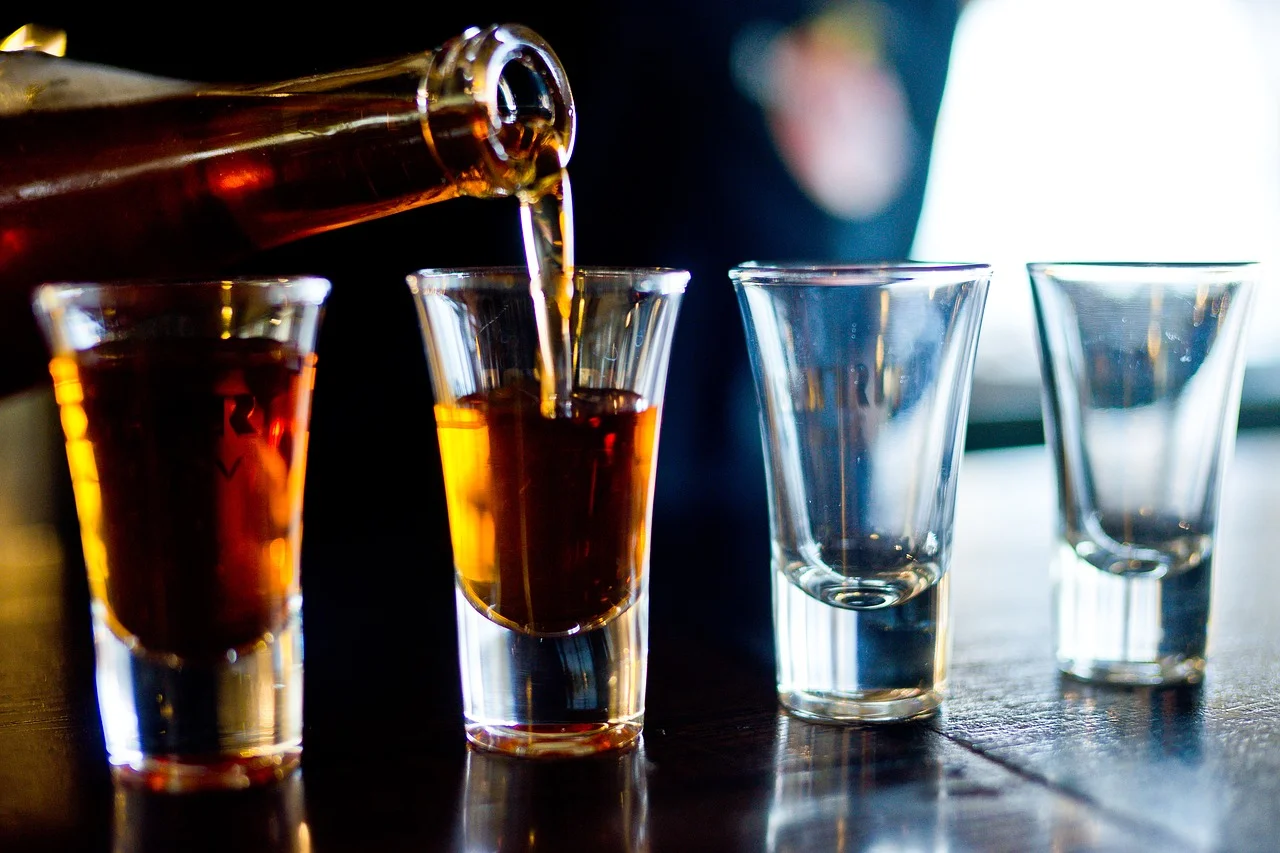When prescribing antibiotics, doctors often ask patients to abstain from alcoholic beverages during treatment. We checked how this recommendation applies to all antibiotics without exception.
Some experts categorically declare about the inadmissibility of combining antibiotics and alcohol, giving relevant examples of side effects. Other experts notethat even if there are no such consequences, the treatment will still become less effective. When commenting on the problem in the media, doctors usually limit themselves to the general word “antibiotics,” although there are many varieties exist hundreds. Is incompatibility with alcohol really their class characteristic?
There are two stories about the origin of this prescription. According to one Of these, during the Second World War the British Army was short of penicillin, so it was obtained for reuse from the urine of those treated with antibiotics. In the infirmary, patients were allowed to drink a little beer, which made it more difficult to obtain pure penicillin. Another story reads: penicillin was actively used in the middle of the last century to treat sexually transmitted diseases. Doctors insisted that their patients not drink alcohol together with the antibiotic, since a drunk person is more likely to engage in promiscuous and unprotected sexual intercourse and, as a result, increase the likelihood of re-infection. Both stories are not seriously confirmed.
From a chemical point of view, alcoholic beverages are much less diverse than antibiotics. Therefore, in a situation where, during a course of treatment, you are invited, for example, to a birthday party, you should not think about the number of glasses of champagne, which “will do nothing.” It doesn’t matter so much whether you drink wine, vodka, cocktails or beer - ethyl alcohol and its derivatives will still react with the antibiotic. It is necessary to pay attention to substances that enter the body as medicine - they can interact with alcohol in different ways.
In 2013 at BBC was published article Claudia Hammond on whether it is possible to combine alcohol and antibiotics. Two years later the material reprinted BBC Russian Service and other domestic media, providing publications with comments from Russian doctors. Hammond explained that the “myth” that alcohol and antibiotics are incompatible needs to be dispelled because many patients choose to skip a dose rather than hang out at a bar with friends, which can significantly reduce the effectiveness of treatment. According to the author of the publication, the vast majority of popular antibiotics in combination with alcohol do not lead to side effects.
However, both Hammond herself and Russian experts admit that even among the most commonly prescribed antibiotics, there are those that do not combine well with alcohol and can cause headaches, dizziness, shortness of breath, allergic reactions and other troubles. This, in particular, is the basis of one of the treatment methods for alcohol dependence - the drug disulfiram is injected into the patient’s body, after drinking alcohol he feels unwell and subsequently refuses such drinks. Also, for example, tinidazole, linezolid, erythromycin and antibiotics from the cephalosporin group (for example, cefotetan) do not combine well with alcohol.
The most important thing in assessing how dangerous it is to drink while taking antibiotics is to determine what kind of antibiotic it is. Information about its (in)compatibility with alcohol can be found in the instructions for the drug. Another way is to check table, compiled by the authoritative online medical encyclopedia Drugs.com. This resource contains information about the interaction of alcohol and various antibiotics, and some of them actually have almost no reaction to ethyl alcohol. At the same time, it is still worth remembering: both alcohol and antibiotics are a load on the liver, and when they are combined, this load increases noticeably. We should not forget that alcohol can provoke a decrease in immunity, sleep disturbances and other minor troubles that a body weakened by illness can cope with much worse than a healthy one.
Half-truth
- https://www.drugs.com/drug-interactions/ethanol,ethyl-alcohol-index.html
- https://www.bbc.com/russian/science/2015/09/150921_vert_fut_truth_about_drink_and_antibiotics
If you find a spelling or grammatical error, please let us know by highlighting the error text and clicking Ctrl+Enter.







